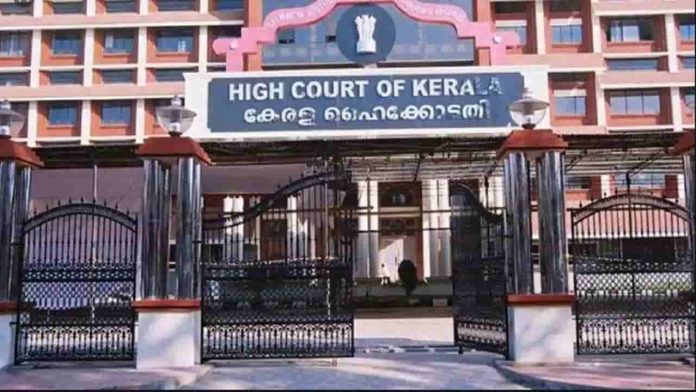The Kerala High Court has recently directed the Tahsildar, Kunnathudutaluk, Ernakulam to consider the representation submitted by the petitioner and pass appropriate orders on the illegal conversion of paddy land.
The Division Bench of Justice Anu Sivaraman and Justice P.G. Ajithkumar disposed a petition filed by one M.M. Joseph seeking directions to the respondents to take immediate steps to stop private respondents from carrying out any activities in the illegally converted paddy land and encroached public property and also from carrying out further conversion of paddy lands.
The petitioner had sought a further direction to the District Collector, Ernakulam to take appropriate steps to restore the illegally converted paddy land by private respondents in its original position as provided under Section 13 of the Kerala Conservation of Paddy Land and Wet Land Act.
It is submitted by the counsel for the petitioner that the petitioner is the General Secretary of a registered organisation, which is formed inter alia to protect the exploitation of natural resources and to protect the interests of poor people.
It is further submitted that the private respondents have encroached upon puramboke land and illegally converted about 10 cents of paddy land without any permission from appropriate authorities. Complaining of these facts, petitioner has preferred representations before the Tahsildar and the Village Officer respectively and sought directions for consideration of the same.
Having heard the Government Pleader and without expressing any view on the merits of the matter, the Bench directed the Tahasildar, Kunnathudutaluk , Ernakulam to take up the representation submitted by the petitioner to consider and pass appropriate orders on the same with notice to private respondents and any other affected parties.
Appropriate orders shall be passed within a period of two months from the date of receipt of a copy of the judgment, the bench further reacted.


